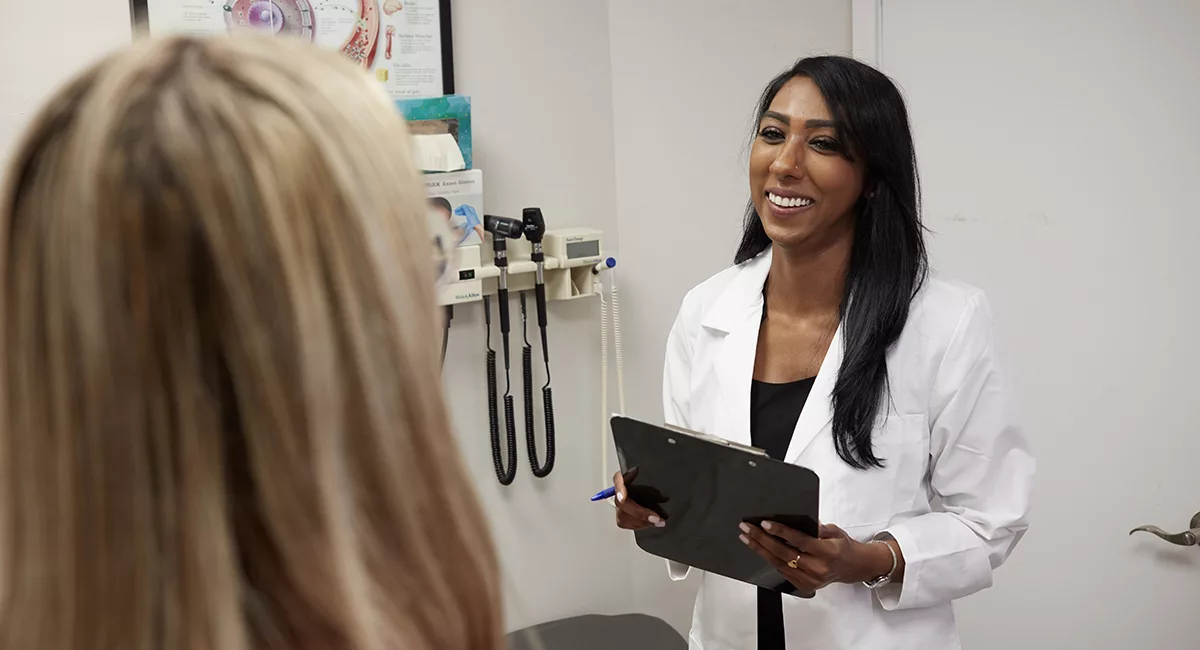
It’s National Colorectal Cancer Awareness Month. A colonoscopy is one of the most effective ways to detect and prevent colorectal cancer, which is currently the third most common cancer worldwide. Understanding when and why to schedule this screening can make a significant difference in your health.
When Should You Get Your First Colonoscopy?
For most adults, the American Cancer Society recommends scheduling your first colonoscopy at age 45, even if you have no symptoms or family history of colorectal cancer. This guideline was lowered from age 50 after studies showed an increase in colorectal cancer cases among younger adults.
However, you may need to get screened earlier if you have:
- A family history of colorectal cancer or polyps
- A personal history of inflammatory bowel disease (IBD), such as Crohn’s or ulcerative colitis
- Genetic conditions like Lynch syndrome or familial adenomatous polyposis (FAP)
Your doctor can help determine the right age for your first screening based on your risk factors.
How Often Should You Get a Colonoscopy?
If your first colonoscopy is normal, you typically won’t need another one for 10 years. However, more frequent screenings (every 3 to 5 years) may be recommended if:
- Polyps were found during your last exam
- You have a family history of colorectal cancer
- You have a condition like IBD
Regular screenings can catch potential problems early, when they are easiest to treat.
Why Is a Colonoscopy Important?
Colonoscopies are not just diagnostic—they’re preventative. During the procedure, your doctor can find and remove precancerous polyps before they turn into cancer. Early detection of colorectal cancer also increases the chances of successful treatment and survival.
Many people avoid colonoscopies due to fear or discomfort, but the procedure is generally quick (15 to 20 minutes) and performed under sedation to avoid discomfort. Risks associated with the procedure are minimal.
Take Control of Your Health
If you’re 45 or older, or if you have risk factors, don’t delay scheduling your colonoscopy. It’s a simple step that could save your life. Talk to your healthcare provider today to discuss your screening plan. Early detection matters—prioritize your health and peace of mind.


